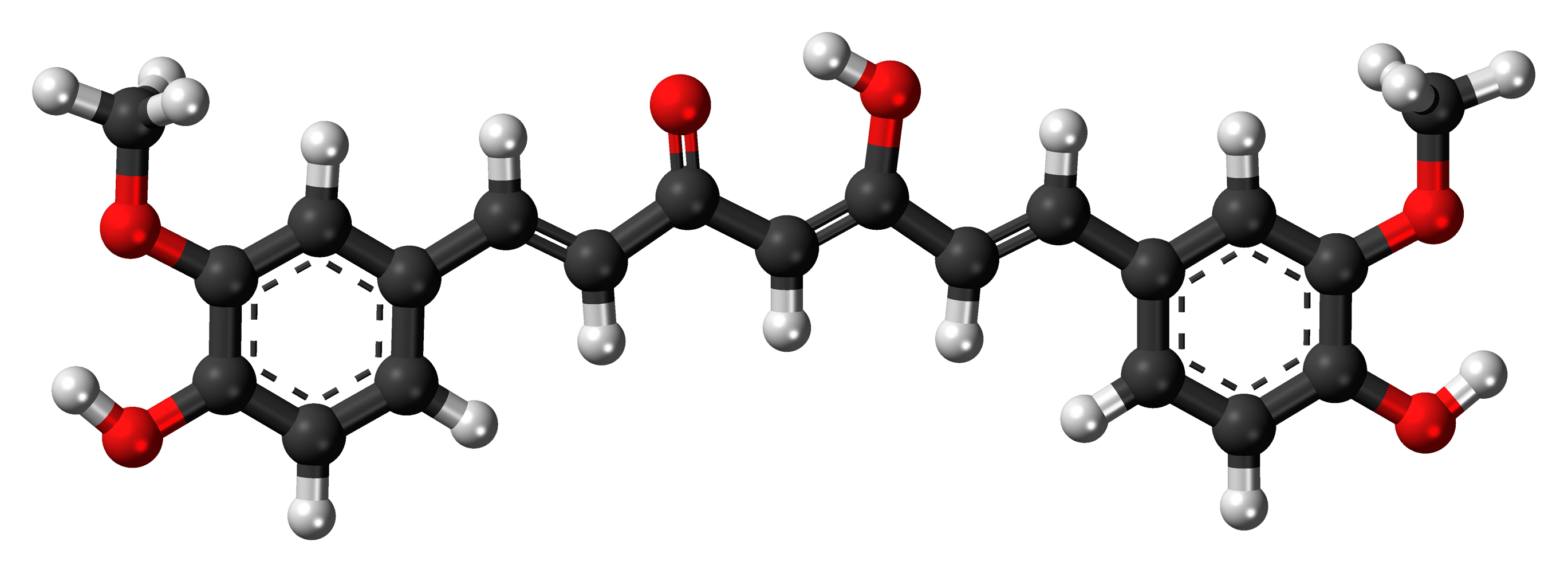Gao X, Kuo J, Jiang H, Deeb D, Liu Y, Divine G, Chapman RA, Dulchavsky SA, Gautam SC.
Division of Surgical Research, Department of Surgery, Henry Ford Health System, One Ford Place-4D, Detroit, MI 48202, USA.
Abstract
Curcumin (diferuloylmethane), a major curcumanoid found in the spice turmeric, exhibits anti-inflammatory, anti-oxidant, and chemopreventive activities. However, the effect of curcumin on the development of T cell-mediated immunological responses largely remains unknown. In this study we have investigated the effect of curcumin on mitogen/antigen induced proliferation of splenic lymphocytes, induction of cytotoxic T lymphocytes (CTLs), lymphokine activated killer (LAK) cells, and the production of cytokines by T lymphocytes and macrophages. We found that mitogen, interleukin-2 (IL-2) or alloantigen induced proliferation of splenic lymphocytes, and development of cytotoxic T lymphocytes is significantly suppressed at 12.5-30 micromol/L curcumin. The generation of LAK cells at similar concentrations was less sensitive to the suppressive effect of curcumin compared to the generation of antigen specific CTLs. Curcumin irreversibly impaired the production of these immune functions, since lymphoid cells failed to respond to the activation signals following 8h pretreatment with curcumin. Curcumin also inhibited the expression/production of IL-2 and interferon-gamma (IFN-gamma) by splenic T lymphocytes and IL-12 and tumor necrosis factor-alpha (TNF-alpha) by peritoneal macrophages irreversibly. Curcumin inhibited the activation of the transcription factor nuclear factor kappaB (NF-kappaB) without affecting the levels of constitutively expressed NF-kappaB. The latter result suggests that curcumin most likely inhibits cell proliferation, cell-mediated cytotoxicity (CMC), and cytokine production by inhibiting NF-kappaB target genes involved in induction of these immune responses.






